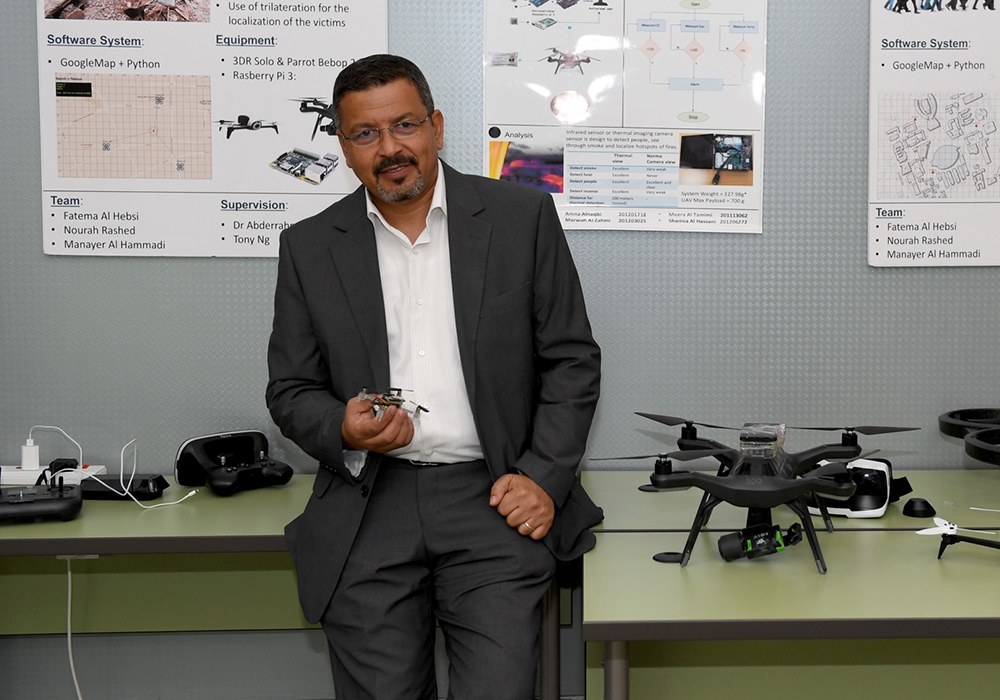Self-Reliant Task-Oriented Autonomous Unmanned Vehicles for Missions in Harsh Environment: The case of Mars
Tue, 24 December 2019
 Many advances have been achieved in space exploration in the recent years extending
its range to farther and farther planets. However, with the increase of the distances
separating Earth from the visited planets, control and communication with the spacecraft
become more and more difficult and complex. For instance, many of the missions to
Mars, NASA engineers have to account for the huge distance separating Earth from Mars
to communicate with Mars rover for the purpose of sending control commands and getting
feedback in return. That is, for Mars vehicle Pathfinder launched in 1997, the rover
could not progress more than 52 meters in 30 days because it had to await instructions
from Earth millions of kilometers away. In addition, communication between Earth and
space vehicles could be limited to certain time windows forcing control stations to
use a more scheduled control and command. Therefore, many scientists are advocating
the use of autonomous systems that are capable of self-reliance on such harsh environment
when no communication with control centre is available. In this project we propose
to develop fully autonomous vehicles that can operate on remote planets like Mars
under harsh constraints. In this research we investigate the use of unmanned aerial
vehicles (UAVs) operating in tandem with ground rovers in swarm formation.
Many advances have been achieved in space exploration in the recent years extending
its range to farther and farther planets. However, with the increase of the distances
separating Earth from the visited planets, control and communication with the spacecraft
become more and more difficult and complex. For instance, many of the missions to
Mars, NASA engineers have to account for the huge distance separating Earth from Mars
to communicate with Mars rover for the purpose of sending control commands and getting
feedback in return. That is, for Mars vehicle Pathfinder launched in 1997, the rover
could not progress more than 52 meters in 30 days because it had to await instructions
from Earth millions of kilometers away. In addition, communication between Earth and
space vehicles could be limited to certain time windows forcing control stations to
use a more scheduled control and command. Therefore, many scientists are advocating
the use of autonomous systems that are capable of self-reliance on such harsh environment
when no communication with control centre is available. In this project we propose
to develop fully autonomous vehicles that can operate on remote planets like Mars
under harsh constraints. In this research we investigate the use of unmanned aerial
vehicles (UAVs) operating in tandem with ground rovers in swarm formation.
Our research consists of adjusting the various components of an autonomous system such the navigation and guidance system, the localization and positioning and the communication schemes to the new environmental conditions of Mars. We propose to investigate novel navigation and cooperation solutions allowing these systems to coordinate and operate in swarm formations in full autonomy in the context of challenging and hostile environment and in the absence of communication with a control centre. This study includes research on the use of computer-vision based algorithm for infrastructure-less navigation and self-localization, control of collective behaviour and design of various mission-oriented swarm formation. Flying and progressing in homogenous as well as heterogenous groups of unmanned vehicles require tight cooperation and synchronization that should be provided by algorithms adjusted to the environment such as that on Mars.
Do you find this content helpful?
عفوا
لايوجد محتوى عربي لهذه الصفحة
عفوا
يوجد مشكلة في الصفحة التي تحاول الوصول إليها

